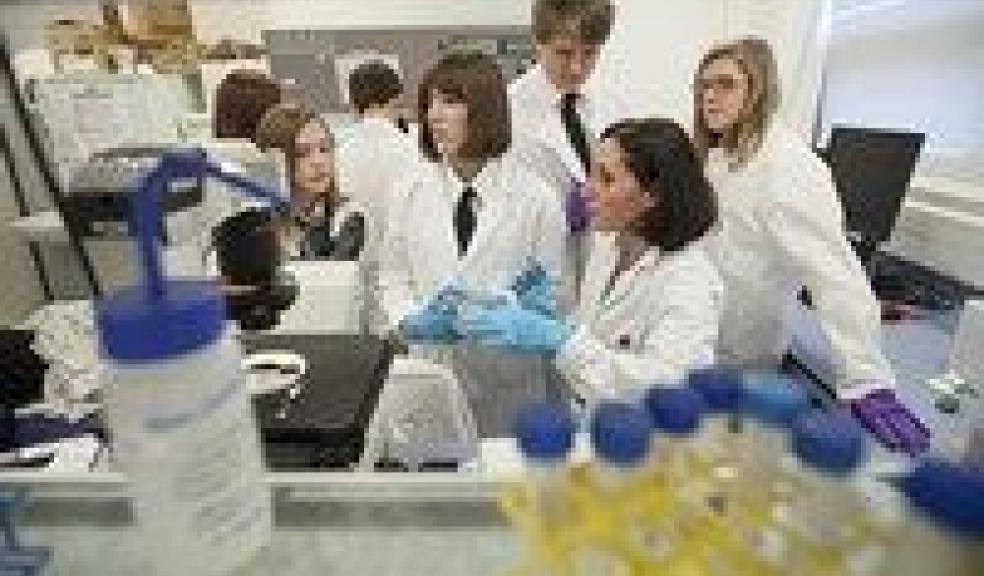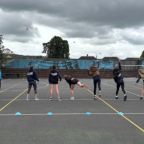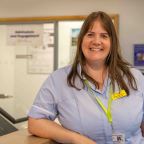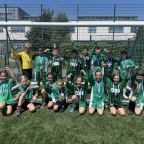
Pupils become scientists for the day
As part of National Science and Engineering Week Year 9 pupils from schools in and around Plymouth had the chance to get hands on in the laboratory and see what it is like to be a scientist, when Plymouth University Peninsula Schools of Medicine and Dentistry opened up its research labs.
The SoCool for Science event took place at labs on the Tamar Science Park. Pupils met with research students and scientists at Plymouth University Peninsula Schools of Medicine and Dentistry and spent time on science projects, including extracting DNA from living cells (bananas!), fruit fly genetics and how they are used as a model for research into human diseases, and cell culture where pupils had a go at culturing some cells.
In all, 10 schools took part with around 150 pupils in total, from: Coombe Dean School, Mount Tamar, Plymouth High School for Girls, Plymstock School, Ivybridge Community College, Devonport High School for Girls, Notre Dame, Eggbuckland School, Stoke Damerel Community College and Tavistock College.
SoCool for Science was organised by Professor David Parkinson and his colleagues at Plymouth University Peninsula Schools of Medicine and Dentistry. He said: “SoCool for Science is all about encouraging the research scientists of tomorrow. We’ve made the sessions fun as well as educational and are keen to show that scientists are doing research that is relevant to everyone.”
He added: “We have students who come to these visits who then go on to do Nuffield projects during their A-level holidays, study science and medicine at university and choose scientific careers as a result – so SoCool for Science really does make a difference.”
Dr David Parry, biology teacher from Devonport High School for Girls, said: “SoCool for Science allows our students to gain hands-on experience of science in action and inspires them to pursue careers in this exciting field."
Dr Charlotte Doddrell, teacher of biology from Plymouth High School for Girls, added: “SoCool for Science is a great opportunity to expand students' views of scientific research and possible careers in Science, Technology and Medicine, often outside the normally considered avenues. It is great to see the students really engaging with the topics and being excited by the new information and skills they are attempting. We really enjoy bringing students to these events and feel they are extremely positive to promote futures in science particularly in a girls’ school.”











